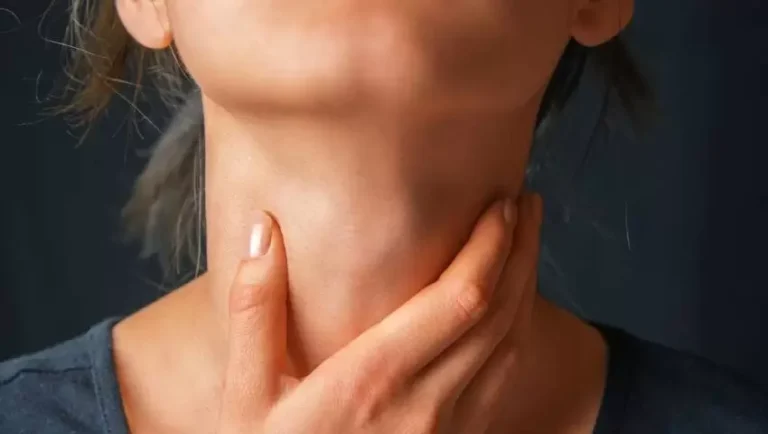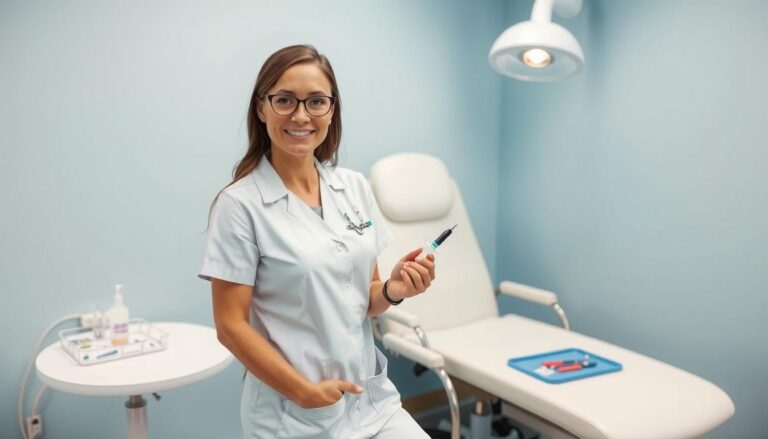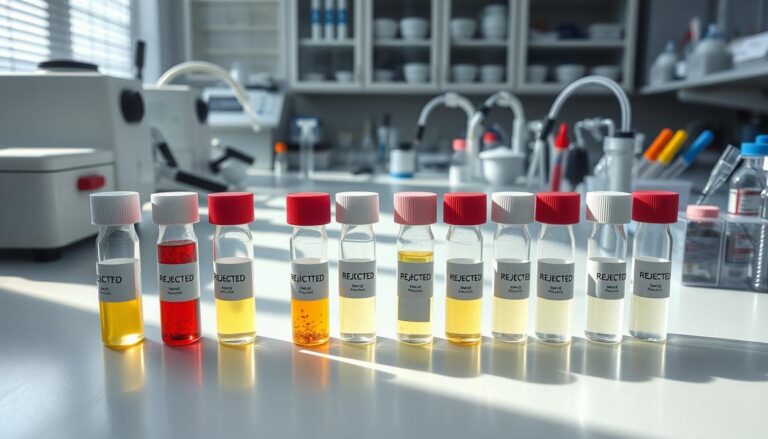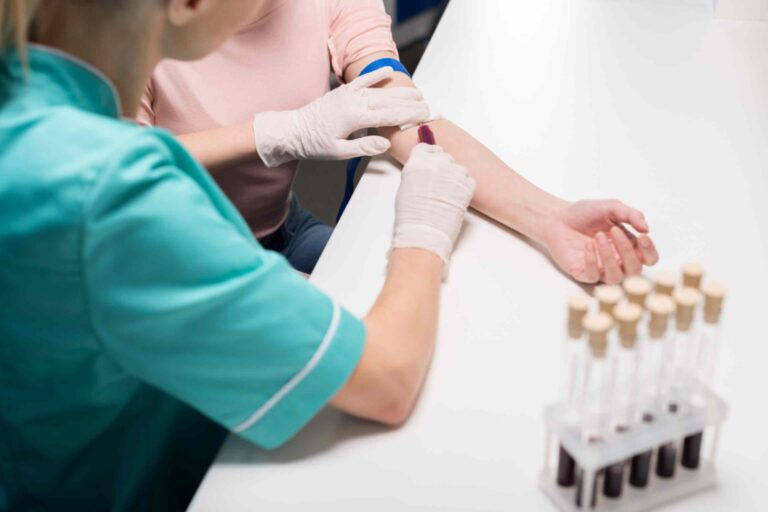How to Test for Malaria: A Step-by-Step Guide
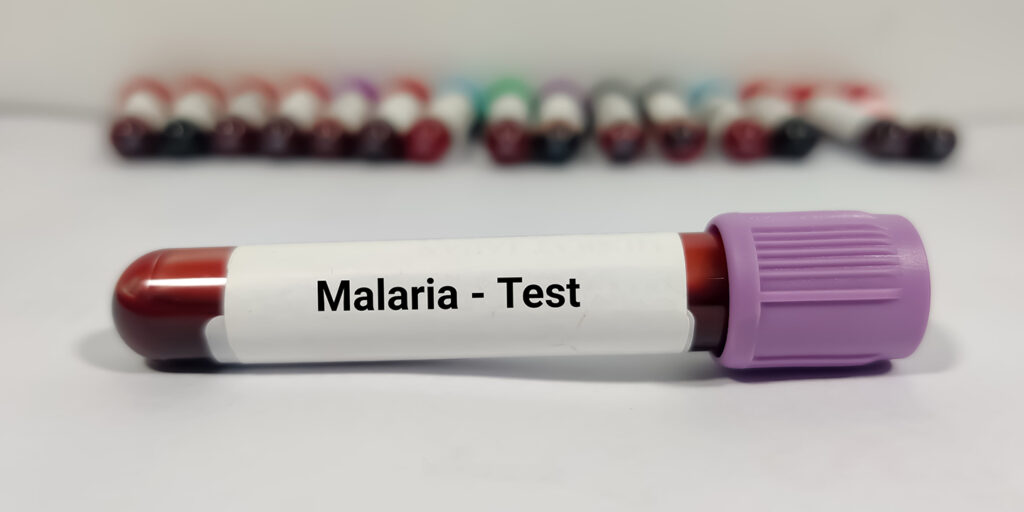
Malaria remains one of the most serious health threats worldwide, affecting millions of people annually. Understanding how to test for malaria is crucial for early detection and effective treatment. This comprehensive guide will walk you through everything you need to know about malaria detection, diagnostic procedures, and where to get reliable testing done.
Understanding Malaria and Why Testing Matters
Malaria is a life-threatening disease caused by parasites transmitted through infected mosquito bites. Early how to diagnosis of malaria is essential because delayed treatment can lead to severe complications or even death. The symptoms of malaria often mimic common flu-like illnesses, making proper testing the only reliable way to confirm the diagnosis.
Types of Malaria Tests Available
1. Microscopic Blood Examination
The traditional malaria blood test procedure involves examining blood samples under a microscope. This method remains the gold standard for malaria diagnosis tests as it can identify the specific type of malaria parasite and determine the level of infection.
2. Rapid Diagnostic Tests (RDTs)
These quick tests detect malaria antigens in the blood and provide results within 15-20 minutes. While convenient, they should be confirmed with microscopic examination for accurate species identification.
3. Molecular Tests (PCR)
Advanced DNA-based tests offer the highest accuracy for malaria detection, especially for low-level infections that might be missed by other methods.
Step-by-Step Guide: How to Test for Malaria
Step 1: Recognize the Symptoms
Before testing, be aware of common malaria symptoms:
- High fever with chills
- Headache and body aches
- Nausea and vomiting
- Fatigue and weakness
- Sweating
Step 2: Choose the Right Time for Testing
The best time for malaria detection is during or just after a fever episode when parasite levels are typically highest in the blood.
Step 3: Select a Reliable Testing Facility
Choose a reputable diagnostic laboratory services provider that offers comprehensive malaria testing. Look for labs with proper certification and experienced technicians.
Step 4: Prepare for the Test
- Fast for 8-12 hours if recommended by your healthcare provider
- Inform the lab technician about any recent travel history
- Bring a valid ID and any required documentation
Step 5: Blood Sample Collection
The malaria blood test procedure typically involves:
- Cleaning the puncture site with an antiseptic
- Drawing blood from a vein in your arm or a finger prick
- Collecting the sample in appropriate containers
- Labeling samples correctly
Step 6: Understanding Results
Results interpretation should always be done by qualified healthcare professionals. Positive results require immediate medical attention and treatment.
What to Expect During the Malaria Diagnosis Test
The entire process usually takes 30-60 minutes, depending on the type of test. Microscopic examination may take longer as it requires careful analysis by trained technicians. Most affordable lab tests can provide preliminary results within a few hours, while comprehensive reports may take 24-48 hours.
Finding Affordable Testing Options
For those seeking affordable labs in Bangalore, several options provide quality malaria testing services without compromising accuracy. Many diagnostic centers offer competitive pricing for malaria tests, making them accessible to a broader population.
When choosing affordable lab tests, consider factors such as:
- Laboratory accreditation and certifications
- Quality of equipment and facilities
- Experience and qualifications of staff
- Turnaround time for results
- Location and convenience
The Importance of Professional Diagnostic Laboratory Services
Professional diagnostic laboratory services ensure accurate results through:
- Standardized testing procedures
- Quality control measures
- Trained and certified technicians
- Modern equipment and technology
- Proper sample handling and storage
When to Seek Immediate Testing
Seek immediate malaria testing if you experience:
- Sudden high fever after traveling to malaria-endemic areas
- Recurring fever patterns
- Severe headaches with fever
- Signs of severe malaria, such as difficulty breathing or altered consciousness
Prevention and Follow-up
While knowing how to test for malaria is important, prevention remains the best strategy. Use mosquito nets, insect repellents, and antimalarial medications as recommended when traveling to high-risk areas.
After treatment, follow-up testing may be necessary to ensure complete parasite clearance from your system.
About Referral Labs
For reliable malaria testing and comprehensive diagnostic laboratory services, Referral Labs stands as a trusted name in healthcare diagnostics. With state-of-the-art facilities and experienced professionals, provide accurate malaria detection services at competitive rates.
Contact Details:
- Phone:+91 6363136620
- Website: https://referrallabs.in/
- Email: info@referrallabs.in
- Address: No. 39 & 40, Ground Floor, NCBS Road, Canara Bank Layout, Rajiv Gandhi Nagar, Opp. Vivekananda School, Sahakar Nagar Post, Bengaluru, Karnataka – 560092
Referral Labs offers comprehensive malaria testing packages and is recognized among the leading affordable labs in Bangalore, providing quality diagnostic services to patients across the region.
Rapid diagnostic tests provide results in 15-20 minutes, while microscopic examination typically takes 2-4 hours. Complete reports with detailed analysis may take 24-48 hours, depending on the laboratory.
Malaria parasites may not be detectable immediately after infection. It typically takes 7-30 days after a mosquito bite for symptoms and detectable levels of parasites to appear in the blood.
The cost varies depending on the type of test and laboratory. Basic rapid tests may cost ₹200-500, while comprehensive microscopic examinations range from ₹300-800. Molecular tests are typically more expensive, ranging from ₹1000-2500.
Generally, fasting is not required for malaria tests. However, if other blood tests are being performed simultaneously, your doctor may recommend fasting for 8-12 hours.
Rapid tests have 85-95% accuracy for detecting malaria, but may miss low-level infections. Microscopic examination remains more accurate at 95-99% when performed by experienced technicians, and it can identify specific parasite species and infection levels.

